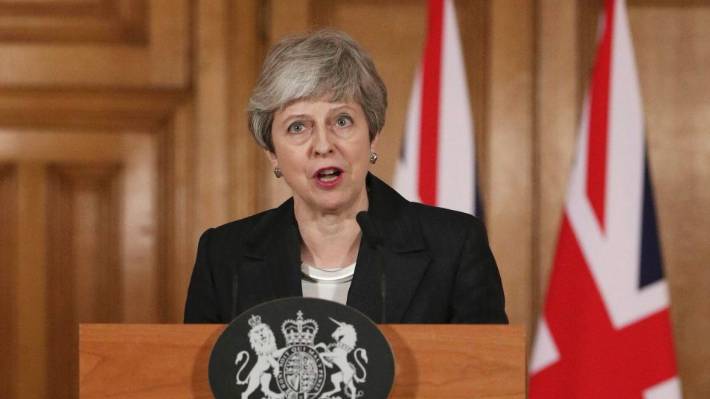
Theresa May is facing a furious backlash from her own backbenchers and calls for her resignation after she blamed squabbling MPs for delaying Brexit.
In a defiant statement on Wednesday night she told the British public: “I am on your side,” and now hopes to force her deal through parliament next week at the third time of asking.
Less than an hour earlier, she had been warned in a private meeting with Conservative MPs that her bid to delay leaving could end up losing her even more votes from her own party. “She is going into an ever narrower cul-de-sac,” said one former minister.
Speaking in Downing Street in a televised address, May said the three-month Brexit delay she had earlier in the day formally requested from EU27 leaders was “a matter of great personal regret for me” – and she would not countenance a longer extension of article 50.
With just nine days to go before Britain is due to leave the EU, she laid the blame for the crisis squarely at the door of parliament.
“Of this I am absolutely sure: you the public have had enough. You’re tired of the infighting. You’re tired of the political games and the arcane procedural rows.
“Tired of MPs talking about nothing else but Brexit, when you have real concerns about your children’s schools, our national health service, knife crime. You want this stage of the Brexit process to be over and done with. I agree. I am on your side. It is now time for MPs to decide,” she said.
Before her Downing Street statement, the Labour leader, Jeremy Corbyn, had called for her to reach out and try to form a cross-party consensus.
He was among senior politicians invited to a meeting on Wednesday to discuss the next steps – but walked out, after finding Chuka Umunna of the breakaway Independent Group in the room. Corbyn later spoke to the prime minister on the phone for 20 minutes.
May’s plea came after another extraordinary day at Westminster, on which she finally conceded the government had run out of time to leave the European Union with a deal by 29 March.
Her statement was delayed by more than 20 minutes as she met around 20 MPs in parliament, many of whom had switched to vote for her Brexit deal at the second vote.
One MP described it as their “worst day as a member of this party” and said May had faced unrestrained anger at the meeting, including from party moderates warning against a Brexit delay.
Tory sources said David Evennett MP had told May that if she did not resolve the crisis “your time will have come to an end”. Fellow MP Nigel Evans also signalled he believed she should step down.
Several MPs, including Stephen McPartland and Ben Bradley, said the prime minister’s request to delay article 50 had made it actively more difficult for them to back her deal at the next vote.
“I have never been in a meeting like it, the atmosphere was extraordinary,” one MP said. “She looked like Alice in Wonderland when she drank that potion, shrinking in her chair.”
MPs said they believed May’s speech blaming her colleagues for the impasse had been counterproductive. “It might be true but you don’t bloody say it,” one former minister said. Another MP accused her of “acting like President Trump”.
Other MPs accused May of irresponsibly stoking public anger against them, at a time when many already feel under threat.
Wes Streeting, the Labour MP for Ilford North, tweeted:
The Wigan MP, Lisa Nandy, one of those Labour MPs whom Tory whips were hoping to win over in next week’s vote, called May’s language “dangerous and reckless”.
The prime minister will now have to travel to Brussels on Thursday to make the case for a delay – and then intends to make another attempt to ram her twice-defeated deal through the House of Commons next week.
Downing Street hopes the prospect of a no-deal Brexit will concentrate the minds of Labour MPs, particularly those in leave-voting seats who are opposed to a second referendum.
Just moments before May stood up to address febrile MPs about her plans on Wednesday, Downing Street published the text of the letter she had sent to the European council president, Donald Tusk, asking for a three-month delay to Brexit.
She had come under intense pressure from leavers in her cabinet and on the Tory backbenches not to countenance a longer extension to the article 50 process – and appeared to hint that she would rather step aside than implement a longer delay.
“As prime minister, I am not prepared to delay Brexit any further than 30 June,” she said. Her spokesman afterwards refused to say whether that meant she was prepared to step down in those circumstances.
Struggling to be heard in a raucous House of Commons, May told MPs: “The outcome of a long extension would be endless hours and days of this house carrying on contemplating its navel on Europe.”
Corbyn accused May of having “no plan”, and embarking on a reckless course. “We are now in the midst of a full-scale national crisis,” the Labour leader said.
And the prime minister faced strongly worded criticism from both sides of her own party. Brexiters accusing her of betraying the result of the referendum. On the other hand, the former attorney general Dominic Grieve said: “I have never felt more ashamed to be a member of the Conservative party, or to lend her my support.”
Tusk said that the EU27’s heads of state or government would be likely to agree in principle at the summit on Thursday to an extension up to 23 May or 30 June – but only if May could find a majority in the Commons next week.
That sets up a nail-biting next few days, with Downing Street racing to win approval for May’s deal, and then hold a vote in both houses of parliament to change the exit date set in the EU Withdrawal Act.
May held a summit in Downing Street on Wednesday morning with Eurosceptic cabinet ministers, including Andrea Leadsom, Liam Fox, Penny Mordaunt and Michael Gove and converted remainers such as Liz Truss and Gavin Williamson.
Sources said it was the same group who had met in Leadsom’s office the previous night to discuss serious concerns about the possibility of a long extension. Wednesday’s meeting was described as “supportive” of the prime minister’s course of action.
Those who attended left feeling reassured that a very long extension was no longer the automatic default should her deal fail to pass again next week, a cabinet source said.
Cabinet remainers were blindsided when reporters were briefed early on Wednesday morning that May would not request a longer extension this week.
“This has a chance of seriously backfiring,” said one cabinet source. “It did look like some of the hard Brexiters may yet resign themselves to voting for the deal because of the threat of a long extension, but this letter and the response from Tusk plays into the Brexiters’ narrative that they won’t be bounced into voting for the deal.”
May is expected to address the first session of the EU summit on Thursday before a discussion by EU leaders on the article 50 extension.
May’s letter to Tusk suggested she hopes that once EU leaders have formally adopted the agreement she struck with Jean-Claude Juncker in Strasbourg earlier this month, the Speaker, John Bercow, will agree to let her call another vote.
Bercow threw the government’s plans into disarray on Monday, when he invoked a longstanding parliamentary precedent to say that she could not bring the deal back to parliament unchanged, after it was rejected by majorities of 230 in January, and 149 last week.
The Guardian

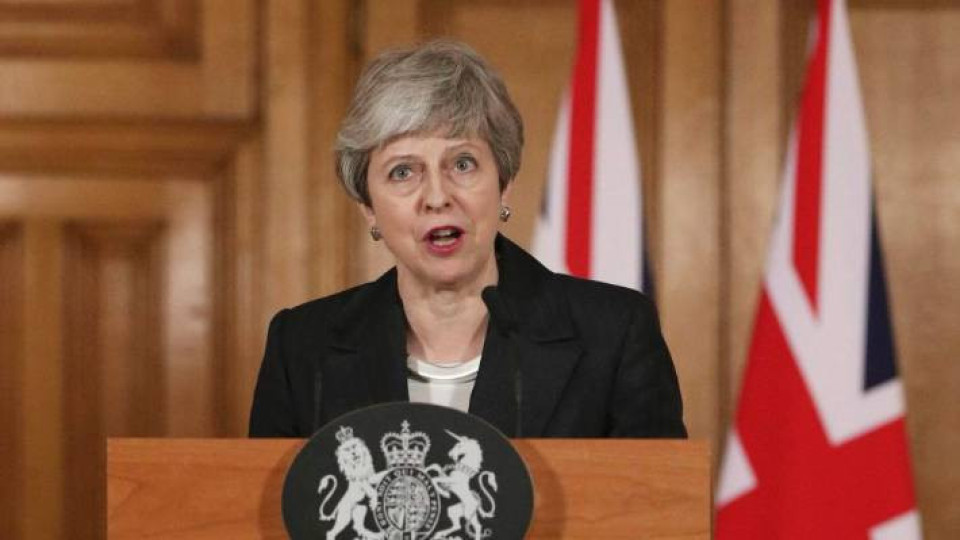

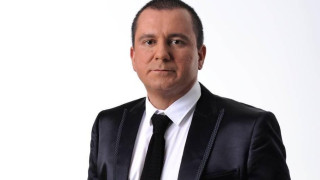

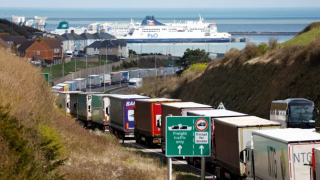

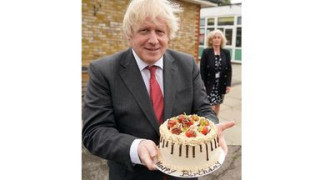




Leave a comment